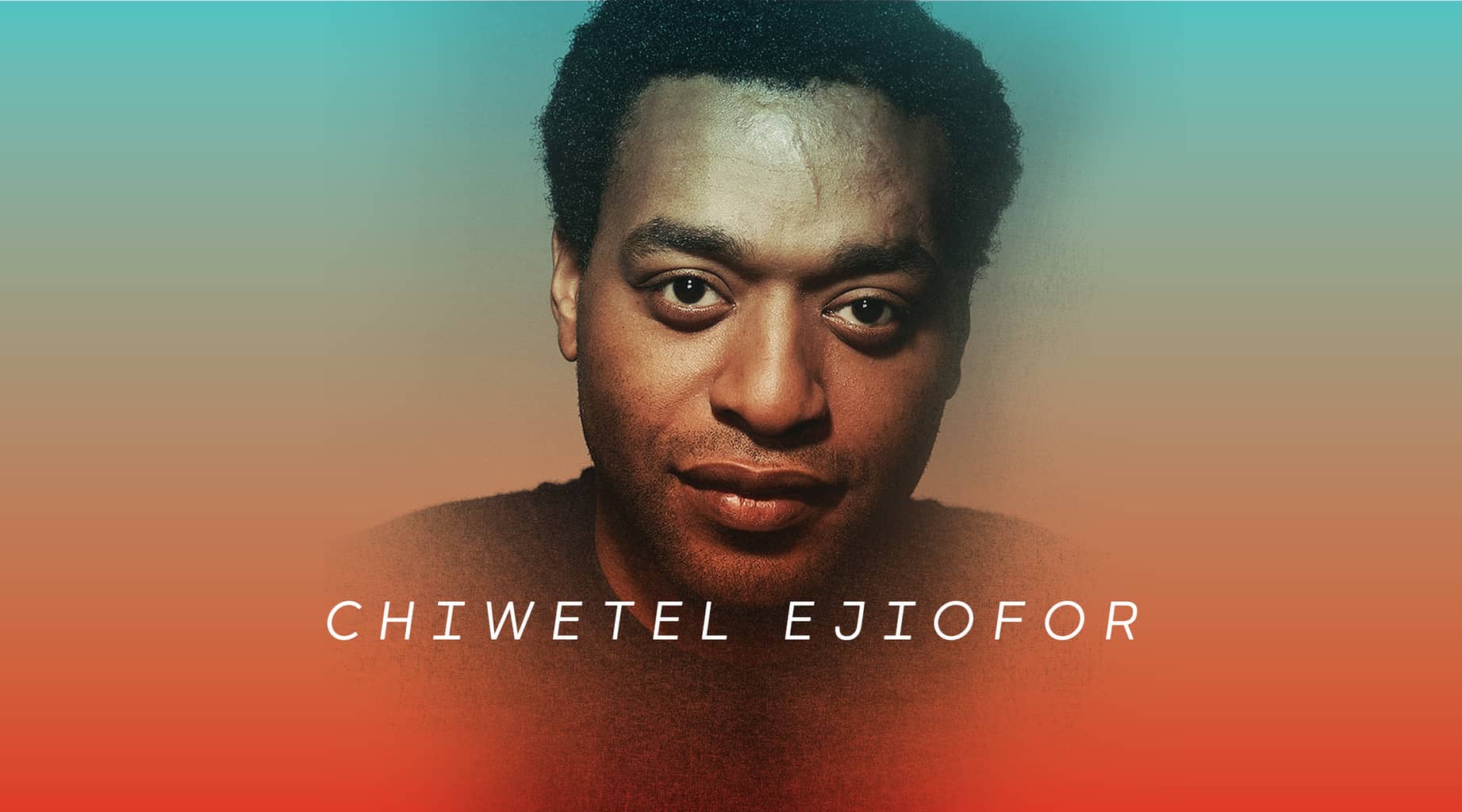
THERE IS ONE IMAGE of Bree Newsome that will outlive the rest. It’s an image you’ve probably seen. Newsome, a 32-year-old black woman, is some 20 feet up the flagpole outside the South Carolina State House, with Confederate battle flag in hand.
This was summer 2015, and while most of the country was arguing about whether or not the rebel flag was too offensive to be flown in the country, Newsome and a friend took matters into their own hands. When police arrived on the scene and told her to get down, she responded on camera for the whole world to hear: “In the name of Jesus, this flag has to come down. You come against me with hatred and oppression and violence. I come against you in the name of God. This flag comes down today.”
Newsome was arrested, as she well knew she would be. She was led away in handcuffs, reciting the 23rd Psalm.
“The very first question we had was, should we do this?” Newsome recalls. “Or do we wait and allow legislation to work it out? And thinking through we were like, ‘No, we have to make a statement, this really isn’t just about a stupid flag. This is about South Carolina making a statement in this moment about black life.’”
“Take a stand.” It’s one of those phrases that has managed to retain its romantic allure despite years of overuse and misuse. It’s seen as a good thing, the one thing, perhaps, that all heroes have in common. It’s the shining thread that connects a group of people as disparate as Moses, Joan of Arc, Rosa Parks and, yes, Newsome.
But overlooked in the glorification of taking a stand is how difficult it is. If it were easy, as the saying goes, everyone would be doing it. The lens of history has revealed Dr. Martin Luther King Jr. to be a prophet, John Wycliffe to be a genius and Queen Esther, a liberator. But at the time, they were written off as rabble-rousers, troublemak- ers and worse.
“We are convinced that these demonstrations are unwise and untimely,” wrote eight prominent white pastors in 1963, in response to King’s de- segregation demonstrations in Birmingham, Al- abama. “A cause should be pressed in the courts and in negotiations among local leaders, and not in the streets. We appeal to both our white and Negro citizenry to observe the principles of law and order and common sense.”
Newsome felt that same pressure. “When I made the decision to scale the pole, I recognized the possible physical danger I was facing at that time,” she says. “I also recognized there is some- thing greater than this world and this age and this power structure and this thing called racism.”
One of the chief ironies of taking a stand is that if you’re successful, history will eventually pretend that it stood with you all along. But at the time, taking a stand can be awfully lonely.
MOORE VOCAL, MOORE PROBLEMS
“I have been asked numerous times why I, a person who’s only spoken publicly to matters in the spiritual arena, would spill over into the political arena,” says Beth Moore.
In the world of evangelicalism, few names are as highly regarded as Moore’s. As the founder of Living Proof Ministries, Moore has reached millions of people over the years with her myriad Bible studies, books and speaking engagements.
But she’s gotten increasingly vocal over social media over the past year, where concerning political trends among her fellow evangelicals have motivated her to speak out.
“The political arena spilled like a tidal wave into the spiritual arena in the last year and a half with, what I felt at least, were really toxic waters. I mean, dangerous waters,” Moore explains. “My concerns are [for] the Church. It’s not that I don’t have political opinions, of course I do … but the reason I got more vocal was because of the overlap with the witness of the Church and the witness of Christianity and just our care with the name of Christ.”
When Moore says she has political opinions, she’s not blowing smoke. She was a political science major at Southwest Texas State University, now Texas State. But she made her name in Christian living, and the way she sees it, politics and Christian living have become intertwined in such a way that it’s no longer an option for her to sit on the sidelines. But for her, speaking out came with significant pushback.
“There was a loss,” she says, her voice cracking ever so slightly. “There was a significant amount of women who I had served for 20 years who were very, very offended, and so it really hit my base the hardest.”
She knows how that word “base” sounds and she doesn’t mean she mourns the loss of revenue or public traction. “Just people who had been there for a really, really long time,” she clarifies. “That was more painful than I even feel comfortable talking completely about at this time, just because they were so dear to me and I had trouble wrapping my mind around the harshness with which some responded to me. It was heartbreaking.”
Moore estimates that in the days after she first started to be vocal about what she views as an evangelical capitulation to some of the most toxic political elements in the United States, she lost about 30 percent of her audience.
SEASON OF LENTZ
Hillsong NYC pastor Carl Lentz is not a stranger to controversy. His church has come under scrutiny for everything from its congregants (Hillsong counts Justin Bieber, Selena Gomez and Kevin Durant among its flock), to its stances (“At this church, we are not saying ‘All Lives Matter,’” Lentz declared in Sep- tember), to Lentz’s fashion choices (GQ dubbed him a “Hypepriest” for his col- lection of ultra-hip designer threads).
As a pastor, his associations have earned him a lot of side-eyes from churches that haven’t set up shop in New York City, but for Lentz, getting grief is worth the cost.
“I mean there are hard nights,” he admits. “I never, ever want to get to the point where I don’t feel it, and I don’t care if it’s something stupid or something serious … like that’s a heavy thing to have people accuse your entire church of horrible things because of a sound bite.”
He’s referring to an event in 2017, in which Lentz drew criticism from Christian circles for an appearance on The View in which he gave some comments some interpreted as going too easy on abortion. Certain corners of Twitter flared up, and Lentz says he still tries to welcome criticism.
“I learn so much from critiques,” he says. “From people who are strug- gling, from people who don’t get us, that I don’t ever want to cut that part of me off because that’s how I research. I think, what’s this view, why does this person have this view?”
But Lentz says he has one goal above all others: “I want to stay true to who God’s called us to be and you know, it’s not easy.”
Lentz isn’t alone. A lot of Christian leaders had to start dodging arrows when they zig right when their follow- ers expect them to zag.
Dr. Russell Moore (no relation to Beth Moore) is president of the Ethics & Religious Liberty Commission, the Southern Baptist Convention’s public policy arm. He grew dismayed over his denomination’s embrace of President Donald Trump over the course of the 2016 election and spoke out forcefully against it.
For his trouble, he was rewarded with the threat of forced resignation when over 100 churches said they would stop the flow of donations to the SBC if Moore didn’t lay off Trump. That culminated in a 2017 meeting in which, some outlets speculated, Moore’s job hung in the balance.
Tensions between Moore and the indignant wing of the Southern Baptists appear to have cooled for the moment, but Moore has been no less outspoken on social. He was extremely vocal in condemning the evangelical wagon-circling around Roy Moore—the Alabama GOP Senate nominee who became embroiled in sexual scandal in November.
“Christian, if you cannot say definitively, no matter what, that adults creeping on teenage girls is wrong, do not tell me how you stand against moral relativism,” he tweeted. If Moore still feels like such words have put his career at risk, he clearly hasn’t let it get to him.
MOORE LOVE, MOORE POWER
“One of the things that I’ve learned about servant leadership is that we don’t really get to choose who we serve, except simply to serve God. I think that’s new for me,” says Beth Moore. “Maybe I thought I chose all those years ago who I was going to serve. Maybe I got in my mind [that] I’m going to serve women and this is a lot of what it’s going to look like and they’re going to be women who go to their local church and that they do their life a lot like I do mine.”
Moore says her crowd has changed in recent months, and it’s now look- ing significantly less like her. That, she says, is a good thing.
“You look up and, wow, your group looks different than it did. But it still —” and she takes a brief moment to compose herself again before saying, “I thought they were beautiful then and I think they are beautiful now. They just look different.”
There’s a common belief that there is a cost to taking a stand, and that’s very true. But for people like Lentz, Beth Moore and Russell Moore, it’s been less like a cost and more like an exchange. You trade a bit of safety for a different sort of influence. You sacrifice a little of the base you’ve built for a platform of a different sort. It may not be exactly what you had in mind when you started out, but it’s better. Truer.
“I do want people to be courageous in their convictions,” Beth Moore says. “Even if they trip off more criticism than they think they can bear, our very heritage is to speak to the Gospel of Christ. Not only what we think is pro-Christian but to distinguish what is actually Christ-like.”
“I just so want us not to lose our bravery,” she continues. “Because the reason why we get timid is that it’s hot out there and the stakes are high and you can get hurt.”
You can and, truth be told, Moore has been hurt. But when asked if she would change anything about how she’s acted, the swiftness, certainty and confidence of her answer is almost impossible to overstate: “No. Absolutely not. It is not a cheap thing for me to say that to you. It’s not a cheap thing because it was expensive. Would I do it again? Absolutely. Absolutely.”
CAPTURE THE FLAG
After Newsome was arrested, she became something of a celebrity. Her bond was set at $3,000, but a crowdfunding campaign had raised $60,000 before the day was out. Minority leader of the state House of Representatives Todd Rutherford offered to represent her in court. Michael Moore offered to pay her bail.
Standing up doesn’t always work out so well, but in Newsome’s case it did. “I would not commit myself as much as I do to these issues, these causes if I didn’t believe in our ability,” Newsome says. “And if I didn’t have hope in our ability to achieve a true, just society—a society that is truly built upon human rights.”
Newsome’s hope may feel distant now, but there are signs that she’s making a difference. On July 9—12 days after she was arrested—South Carolina’s House of Representatives voted to take the Confederate flag down for good.
It was removed the following week.






















